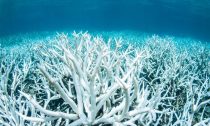
Researchers have found a novel way to identify heat-stressed corals, which could help scientists pinpoint the coral species that need protection from warming ocean waters linked to climate change, according to a Rutgers-led study.
“This is similar to a blood test to assess human health,” said senior author Debashish Bhattacharya, a Distinguished Professor in the Department of Biochemistry and Microbiology in the School of Environmental and Biological Sciences at Rutgers University-New Brunswick. “We can assess coral health by measuring the metabolites (chemicals created for metabolism) they produce and, ultimately, identify the best interventions to ensure reef health. Coral bleaching from warming waters is an ongoing worldwide ecological disaster...
Read More









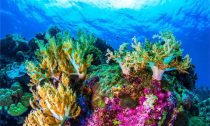
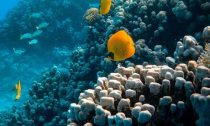

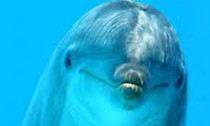
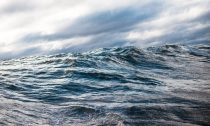

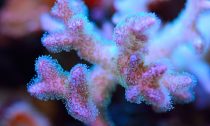
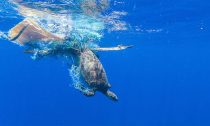
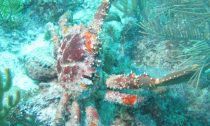

Social Profiles